The boundaries separating everyday reality from the mystical are becoming increasingly porous, and this phenomenon is unfolding in an unlikely setting: the halls of academia. Occult studies, once confined to the fringes of scholarly pursuit, are now emerging as a legitimate field of inquiry within universities. This shift offers students and researchers the opportunity to delve into esoteric realms of knowledge that have long fascinated humanity. However, this development raises profound questions about the future of both academic institutions and occult traditions.
As we explore this evolving new branch of academia, we must consider not only the potential benefits but also the inherent challenges and risks associated with bringing occult studies into the academic fold. On one hand, this integration promises to shed new light on historical, cultural, and philosophical aspects of esoteric practices. It may lead to a more nuanced understanding of human consciousness and our relationship with the unseen world.
Yet, we must also grapple with the possibility that academia’s established methodologies and worldviews may be ill-equipped to fully grasp the nuances of occult knowledge. The rational, empirical approach that dominates scholarly discourse might struggle to encompass the intuitive, experiential nature of many esoteric traditions. There’s a risk that in attempting to study the occult through an academic lens, we may inadvertently strip away its essence or misinterpret its core principles.
Furthermore, we must question whether academic institutions have access to authentic occult sources and practices. The secretive nature of many esoteric traditions raises doubts about the depth and accuracy of the knowledge available to scholars. Are we studying genuine occult wisdom, or merely scratching the surface of these profound traditions?
As we explore the nature of academic occult studies, we’ll examine how the esoteric is becoming more accessible and why this matters in our contemporary world. We’ll explore the potential for groundbreaking discoveries and interdisciplinary insights, while also considering the risk of diluting or misrepresenting ancient wisdom.
This article will delve into the complexities of integrating occult studies into academia, weighing the promise of expanded knowledge against the potential limitations of conventional scholarly approaches. We’ll consider whether academia’s reality tunnel is broad enough to encompass the odd angles and hidden dimensions explored in authentic occult practice, or if some aspects of these traditions will remain beyond the reach of scholarly inquiry.
By examining these issues, I hope to provide a balanced perspective on the rising prominence of occult studies in universities. It is my hope that this exploration will challenge readers to think critically about the nature of knowledge, the boundaries of academic inquiry, and the future of both esoteric traditions and higher education in an increasingly interconnected world.
The Rise of the Occult in Academia
Gone are the days when studying the occult was limited to dusty grimoires and secretive covens. Today, prestigious institutions around the world are opening their doors to the mysteries of the unseen. From the University of Exeter’s MA in Magic and Occult Science to the University of Amsterdam’s focus on Western esotericism, academia is embracing the occult with open arms.
This shift isn’t just a passing trend; it’s a recognition of the profound impact that esoteric knowledge has had on human culture, philosophy, and science throughout history. By bringing these subjects into the academic fold, universities are acknowledging the rich corpus of human thought that extends beyond the boundaries of conventional wisdom.
Breaking Down the Barriers
The integration of occult studies into mainstream academia is breaking down long-standing barriers between different fields of knowledge. No longer confined to the realms of religious studies or anthropology, the occult is now finding its place in disciplines ranging from literature and history to psychology and even the hard sciences.
This interdisciplinary approach is fostering a new generation of scholars who are equipped to view the world through multiple lenses, combining rigorous academic methodologies with an openness to alternative ways of knowing. The result is a more holistic understanding of human experience and the forces that shape our reality.
The Curriculum of the Unseen
What exactly does one study in an occult studies program? The answer is as diverse as the traditions themselves. Students might find themselves delving into ancient alchemical texts one day and exploring modern magical practices the next. Courses often cover a wide range of topics, including:
- The history of Western esotericism
- Comparative mysticism
- Occult symbolism in art and literature
- The psychology of altered states of consciousness
- Practical applications of ritual and meditation
This broad curriculum ensures that students gain a comprehensive understanding of the occult, not just as a historical curiosity, but as a living, breathing tradition that continues to evolve and influence our world.
From Fringe to Forefront
The journey of occult studies from the fringes of academia to the forefront of scholarly inquiry has been a long and winding one. For centuries, these subjects were dismissed as superstition or pseudoscience, unworthy of serious academic consideration. But as our understanding of consciousness, quantum physics, and the nature of reality itself has expanded, so too has our willingness to explore the boundaries of knowledge.
Today, occult studies are not just tolerated in academia; they’re celebrated for the unique perspectives they bring to age-old questions about the nature of existence, consciousness, and the human experience. My hope is that these new studies are valued for their profound insights into reality and human consciousness, rather than being merely added to broaden the narrative of inclusivity within the academic world. In other words, I hope this represents a serious scholarly pursuit, rather than simply a means to enhance diversity and inclusion in modern academia.
The Impact on Mainstream Scholarship
As occult studies gain traction in academia, their influence is being felt across a wide range of disciplines. Historians are re-examining the role of esoteric traditions in shaping cultural and political movements. Psychologists are exploring the therapeutic potential of altered states of consciousness. Even scientists are finding inspiration in ancient alchemical texts, leading to new discoveries in fields like materials science and pharmacology.
This cross-pollination of ideas is breathing new life into traditional academic disciplines, challenging long-held assumptions and opening up new avenues for research and discovery. This is incredibly exciting to me personally, because it might reignite within academia the idea that innovation often comes from unexpected places, and that the boundaries between “mainstream” and “alternative” knowledge are more porous than we might think.
Preserving or Diluting Occult Knowledge?
The integration of occult studies into academic institutions has indeed sparked debate, but its significance and scope warrant closer examination. We must question whether scholarly circles and practitioner communities are genuinely engaged in this discussion, or if it’s dominated by a vocal minority. These voices may not represent the forefront of authentic occult practice, but rather emerge from a community often populated by those engaged in what could be termed “fluff occult.”
This distinction is crucial. True adepts of esoteric traditions may hold different views on academic involvement than those practicing more superficial or popularized forms of occultism. The concerns supposedly voiced by some about bringing occult knowledge into academia might stem more from misunderstandings or fears rooted in less rigorous practices, rather than from the perspectives of those deeply versed in authentic traditions.
Consequently, we must critically assess the nature and source of the objections raised. Are the fears of losing the “power and mystique” of occult practices valid concerns from seasoned practitioners, or do they reflect the anxieties of those whose understanding may be limited? Similarly, the purported benefits of academic study to occult traditions should be scrutinized. Can scholarly engagement truly preserve and enhance these practices, or does it risk misinterpreting profound esoteric concepts through an overly rationalistic lens?
This nuanced view of the debate surrounding occult studies in academia emphasizes the need to distinguish between authentic esoteric wisdom and more diluted, popular forms of occultism.
The core issue at hand is purportedly whether academic approaches will bring to light supposed occult secrets that can only be wielded by a presumed master class, which is often composed of practitioners of “fluff occultism.” However, we must ask: is this really the central concern, or are there other, perhaps more pressing issues at play?
The idea that academic study can breathe new life into ancient practices by making them more accessible is worth scrutinizing. Is accessibility always beneficial for occult traditions? Might some aspects of these practices be inherently esoteric and resistant to widespread dissemination?
The potential for cross-pollination between different traditions and disciplines sounds promising, but we must ask: how often does this actually occur in practice? Are interdisciplinary dialogues truly yielding new insights, or are they merely rehashing old ideas in new academic language?
The claim that academic environments provide a platform for critical engagement with occult ideas is particularly questionable. Given the rigid structures and often narrow perspectives of academia, can its current form in the modern world truly foster the kind of open-minded, experiential exploration that many occult traditions require? Or might academic scrutiny actually stifle the more intuitive and experiential aspects of occult practice?
Of great concern is the potential for fluff occultists to infiltrate academic occult studies, transforming the field into a contemporary trend that promotes scholarly exploration to some degree but is, in reality, more preoccupied with performative narratives of inclusivity and diversity than with genuine esoteric understanding.
Beyond Fluff: The Rigor of Occult Studies?
The assertion that occult studies as they are currently being practised in modern academia are as rigorous as some traditional academic disciplines warrants serious skepticism. While these programs may indeed cover a broad range of topics, does breadth necessarily equate to depth or rigor?
The assertion that students must engage with complex philosophical and theoretical concepts is promising. But, for example, we must question how the texts in these academic programs compare, in terms of complexity and depth, to authentic occult grimoires that are often impossible to find and may require extensive study and research in their own right. While academia has demonstrated its capability in Rare Book and Special Collections Librarianship, will institutions be willing to engage in this level of deep research before attempting complex and rigorous occult study? The crucial point here is that ‘fluff occultism’ is not equivalent to true occult studies. Genuine esoteric knowledge often requires access to rare, obscure texts and a depth of understanding that may be challenging to achieve within ‘modern’ conventional academic frameworks.
The emphasis within some occult studies programs on language acquisition is noteworthy, but we must ask: how many students in these programs actually achieve proficiency in multiple languages, especially ancient ones? Is this requirement as common or as stringently enforced as suggested?
The research methodologies described sound impressive, but how do they actually differ from those in other humanities disciplines? Is there truly anything unique or particularly rigorous about the approach to research in occult studies?
The inclusion of practical elements in these programs raises important questions. How are these experiences structured and evaluated in an academic context? Can the deeply personal and subjective nature of many occult practices be meaningfully assessed within the confines of academic standards?
Most critically, we must question whether graduates of these programs are truly emerging as active contributors to a growing body of scholarly knowledge. What concrete evidence exists of groundbreaking research or significant contributions to the field coming from these academic programs?
A New Frontier in Paranormal Understanding?
The bold claims about academic occult studies opening up new avenues for exploring paranormal phenomena must be approached with healthy skepticism. Are these studies truly pushing the boundaries of our understanding, or are they simply repackaging old ideas in academic language?
Some assert that researchers in occult studies are developing, or may in the future develop, sophisticated protocols for measuring the effects of magical rituals. However, we must question whether this is truly possible within the current framework of modern academia. What exactly are the current protocols, if any exist, and how do they account for the subjective and often intangible nature of magical experiences? The challenge lies in bridging the gap between rigorous scientific methodology and the inherently personal, experiential aspects of magical practice.
The investigations into altered states of consciousness sound intriguing, but how do they differ from similar studies in neuroscience or psychology? Is there anything truly unique about the approach taken in occult studies programs?
The renewed attention to parapsychology within academic contexts is worth examining closely. Given the field’s historically controversial nature, what evidence exists that these new studies are yielding any more conclusive results than previous attempts?
The exploration of potential links between quantum physics and occult concepts is an area ripe for skepticism. We must question how much of this research is based on solid scientific understanding, and how much is mere speculation or misinterpretation of complex physical theories. In other words, are these programs being conducted with rigorous mathematical foundations, or are they simply offering philosophical fluff for the modern student? It’s crucial to determine whether the true nature of the paradigm presented by quantum mechanics is being explored, or if these courses are merely rehashing simplistic concepts bundled together to create easily passable classes for students. The integrity and depth of these studies are paramount in establishing their credibility within both scientific and esoteric circles.
Ultimately, we must question whether the academic approach to occult studies is truly capable of bridging the gap between science and spirituality. Given the inherent limitations of academic methodologies and perspectives, is it realistic to expect paradigm-shifting discoveries from these programs? Or are we simply seeing a repackaging of age-old mysteries in more palatable, but ultimately superficial, academic wrapping?
The Future of Occult Academia: A Critical Perspective
The incorporation of occult studies into academic institutions prompts a reevaluation of scholarly pursuits and esoteric practices. This development necessitates a careful examination of its implications for both realms.
Academia’s embrace of occult studies might not signify a broadening of intellectual horizons as much as it suggests a potential dilution of esoteric traditions. The rigid, empirical methodologies prevalent in academic circles may prove inadequate in capturing the nuanced, experiential nature of occult practices. There’s a risk that in attempting to fit these traditions into established academic frameworks, their essence could be lost or distorted.
For occult practitioners, the academic spotlight brings a mix of opportunities and risks. While increased visibility might lead to wider recognition and deeper study, it also raises concerns about misinterpretation and oversimplification of truly occult knowledge. The commercialization of occult studies within university settings could result in a watering down of profound and powerful traditions. A crucial question remains: do academic institutions have access to authentic occult sources, or are they working with incomplete or inaccurate information? Are they just trying to fill classes by providing narratives of inclusivity, or are they truly serious about the study of the unknown?
Questioning the Mystery
The academic study of the occult should prompt us to reflect on the limits of conventional knowledge systems, and this is a highly promising angle that academia might be able to provide. However, it’s vital to consider whether the academic approach is suitable for exploring mystical and intuitive realms of understanding. While scholarly research may offer fresh perspectives, it may also fail to grasp the experiential core of occult practices.
As academia attempts to decode universal mysteries through occult studies, we must be wary of assuming that merging ancient wisdom with modern scholarship will automatically lead to deeper insights. While esoteric traditions may hold relevant knowledge, the academic lens might not be equipped to fully comprehend or convey this wisdom without fundamentally altering it.
The occult’s presence in academia doesn’t necessarily equate to enlightenment or clarity. Instead, this academic focus might inadvertently obscure or misrepresent crucial aspects of occult traditions. As this field of study evolves, we must maintain a critical stance, questioning whether the most significant discoveries in occult studies can truly emerge from within academic confines, or if they will remain rooted in the direct, lived experiences of dedicated practitioners.
Frequently Asked Questions
- Can academic study of the occult capture its true essence?
Academic study of the occult provides valuable historical and cultural context, but it may struggle to fully grasp the experiential nature of occult practices. While scholarly analysis offers important insights, it’s limited by academia’s tendency to approach subjects through a narrow, rationalistic lens. This approach might miss subtle, intuitive aspects that are central to many occult traditions. - What are the career prospects for graduates of occult studies programs?
Graduates may find opportunities in academia, museums, and cultural institutions. However, it’s important to consider whether these roles truly engage with occult knowledge or merely treat it as an academic curiosity. The critical thinking skills developed are valuable, but they may not translate directly to practical occult work. - How does accreditation impact the study of occult traditions?
While many occult studies programs are offered by accredited universities, this accreditation is based on conventional academic standards. This raises questions about whether these standards are appropriate for evaluating knowledge that often transcends rational, empirical frameworks. Accreditation ensures academic rigor but may inadvertently constrain the exploration of non-conventional ideas. - Is personal belief necessary for meaningful academic study of the occult?
Personal belief isn’t required, and academic programs welcome diverse perspectives. However, this approach may limit deep understanding of practices that rely on personal experience and belief. There’s a risk of reducing profound spiritual traditions to mere intellectual exercises. - How does academic occult study compare to traditional training?
Academic study offers broader context and emphasizes critical analysis, which can provide valuable insights. However, it often lacks the depth of personal transformation and practical application found in traditional training. The academic approach might overlook or misinterpret crucial aspects of occult traditions that don’t fit neatly into scholarly frameworks. - Can academic study of the occult lead to genuine paranormal understanding?
While academic study may open new avenues for exploring paranormal phenomena, it’s constrained by the scientific method and academic skepticism. This could limit the exploration of experiences that defy conventional explanation. However, rigorous academic approaches might also help separate genuine phenomena from misconceptions or fraud. - How might academic study impact the preservation of occult knowledge?
Academic study can help document and analyze occult traditions, potentially preserving knowledge that might otherwise be lost. However, there’s a risk of misinterpretation or oversimplification when translating esoteric concepts into academic language. The process of academic study might inadvertently alter or dilute the original teachings. - What are the potential benefits and drawbacks of interdisciplinary approaches to occult studies?
Interdisciplinary approaches can offer fresh perspectives and uncover new connections between different fields of study. However, they may also risk diluting the unique aspects of occult traditions by forcing them to fit into existing academic paradigms. The challenge lies in maintaining the integrity of occult knowledge while benefiting from diverse academic insights.
Conclusion: A Call for Authentic Occult Studies
As we’ve explored the rise of occult studies in academia, it’s clear that this field has the potential to revolutionize our understanding of consciousness, reality, and human potential. However, we must remain vigilant to ensure that these programs don’t devolve into mere “fluff courses” that scratch only the surface of esoteric knowledge.
The true value of occult studies in academia lies not in the regurgitation of historical facts or the abstract analysis of ancient texts, but in the practical application and experiential understanding of these profound traditions. We should aspire to create programs that go beyond the typical academic approach, encouraging students and researchers to not just study the occult, but to live it.
What we need are courses led by true practitioners – those who have not only read the books but have walked the path, experienced the altered states of consciousness, and witnessed firsthand the transformative power of occult practices. Only through this combination of scholarly rigor and practical wisdom can we hope to unlock the full potential of these ancient traditions.
The goal should be to transcend the limitations of academic objectivism, with its narrow “reality tunnel” that often dismisses anything beyond the material realm. By embracing a more holistic approach to knowledge, we can begin to explore the hidden parameters of existence that have long been ignored by mainstream science.
Imagine a future where occult studies programs produce not just scholars, but modern-day mages – individuals capable of bridging the gap between the seen and unseen worlds, between science and spirituality. These graduates would be equipped not only with historical knowledge but with practical skills that can be applied to solve real-world problems and push the boundaries of human understanding.
This is not a call for the abandonment of academic standards, but rather for their expansion. We need a new paradigm of education that recognizes the validity of direct experience alongside empirical observation. By doing so, we can develop a new kind of mind science that goes beyond the current limitations of psychology and neuroscience, exploring the full spectrum of human consciousness and its interaction with the universe.
The integration of occult studies into academia represents a unique opportunity to bridge ancient wisdom with modern scientific inquiry. But for this potential to be realized, we must ensure that these programs are more than just another set of social sciences courses. They must be living, breathing incubators of esoteric knowledge and practice.
As we move forward, let us hope that universities embrace this challenge, creating programs that not only study the occult but embody its transformative power. Only then can we truly say that the academy has opened its doors to the mysteries, and only then can we expect to see the kind of paradigm-shifting discoveries that the world so desperately needs.
The occult has always been about unveiling hidden truths and expanding the boundaries of human potential. It’s time for academia to fully embrace this spirit, not just in theory, but in practice. The future of occult studies – and perhaps of human knowledge itself – depends on our ability to merge the best of scholarly tradition with the profound insights of esoteric practice. Let this be the beginning of a new era in education, where the mysteries are not just studied, but lived and breathed in the hallowed halls of our universities.
If you are interested in pursuing the occult yourself, please allow me to suggest my book, “The Occult Experience“. It offers readers a transformative journey into the depths of esoteric knowledge, providing a nuanced and step-by-step approach to understanding the hidden realms of existence. It focuses on going beyond dogma and showing transformative techniques that can allow you to expand your awareness incrementally by exploring the very edges of perception.

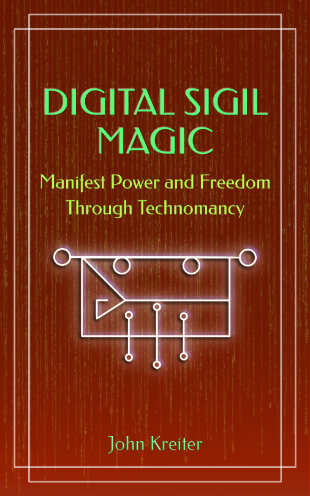
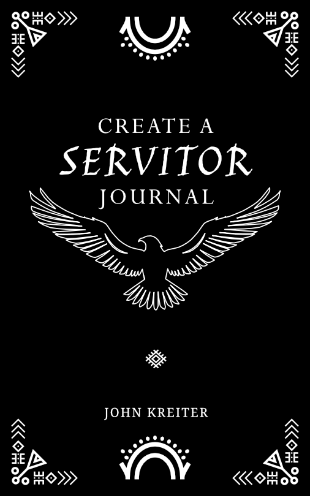
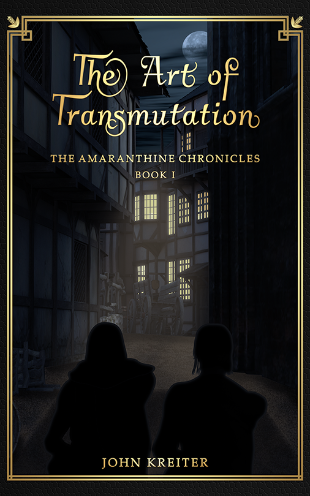
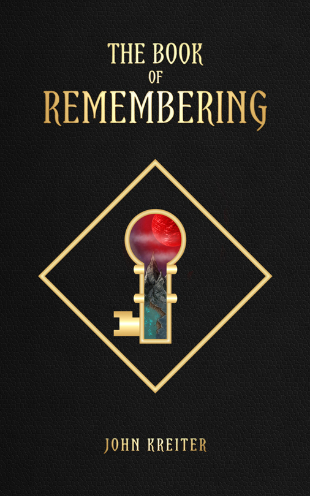
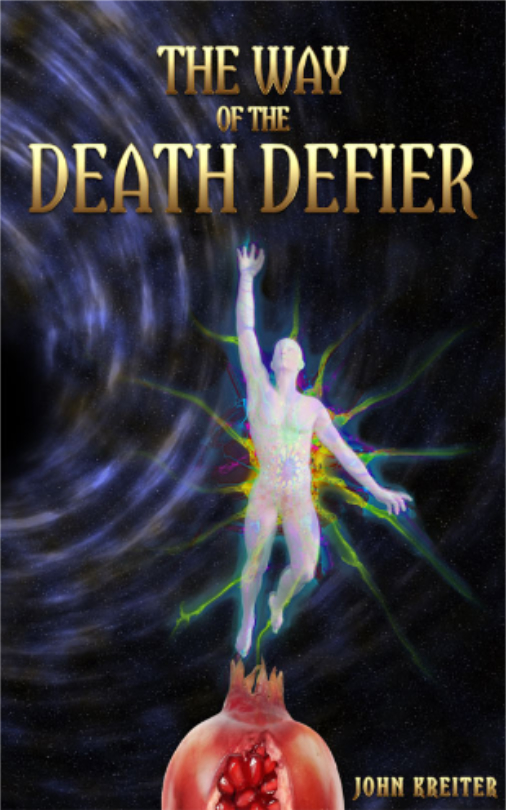
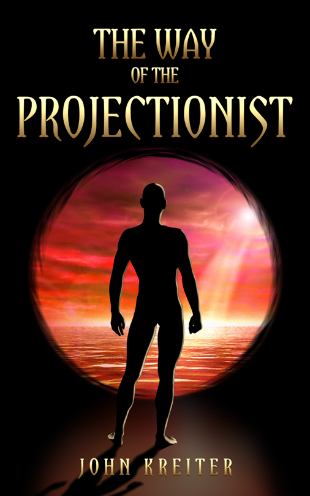
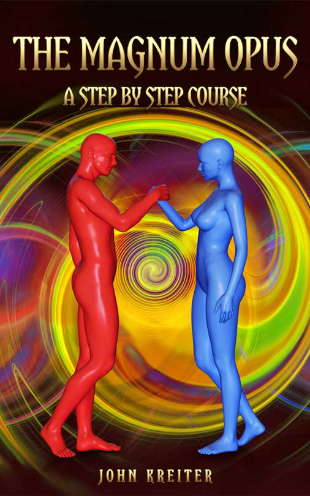
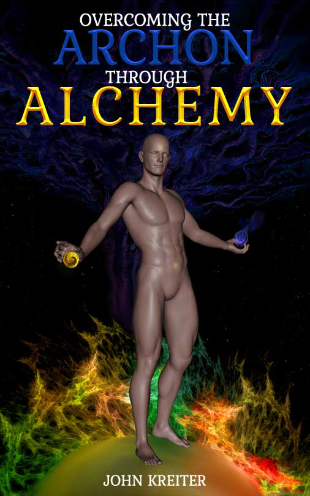
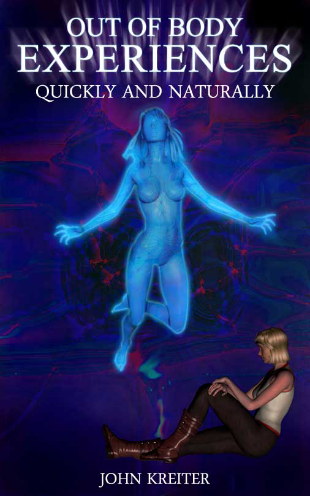
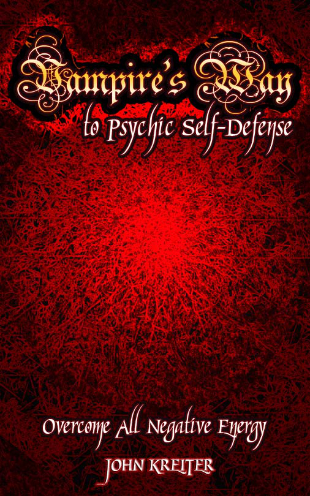
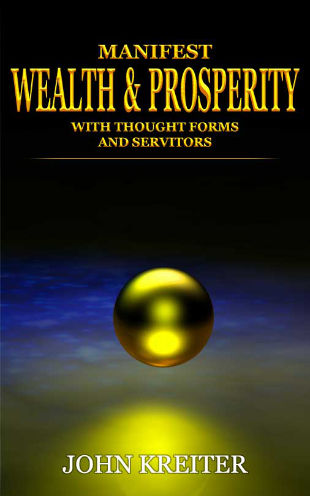

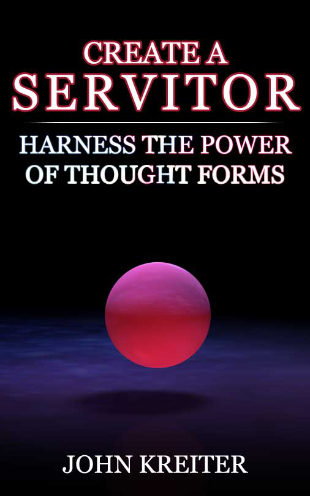
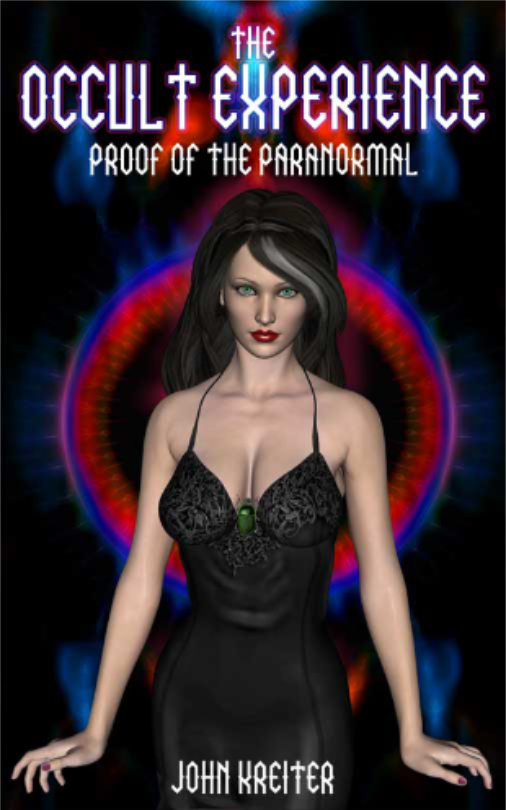
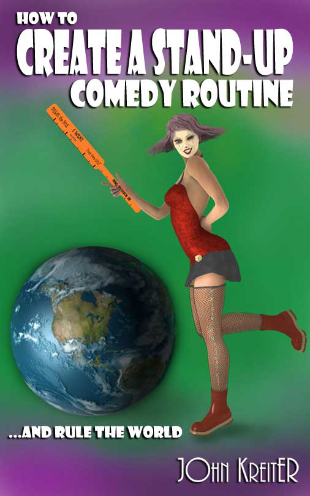
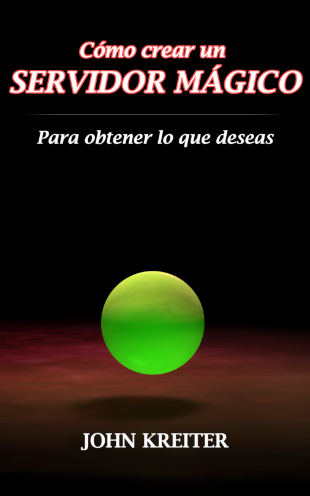
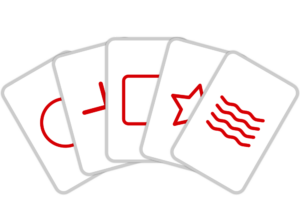

Leave a Reply